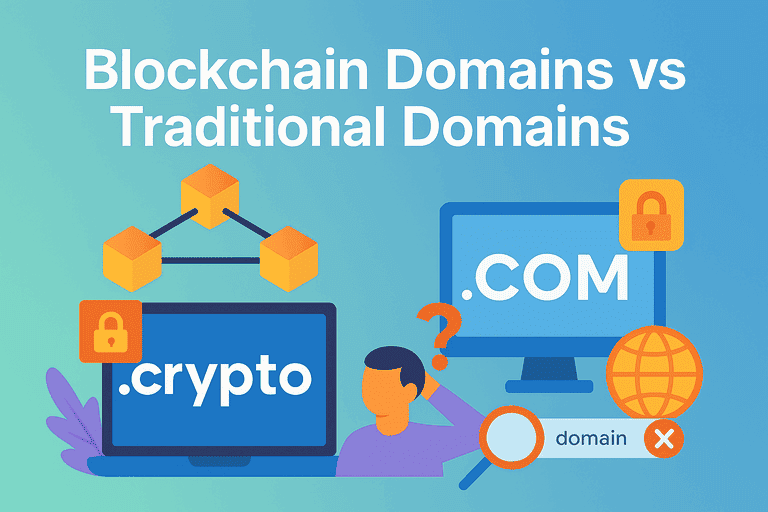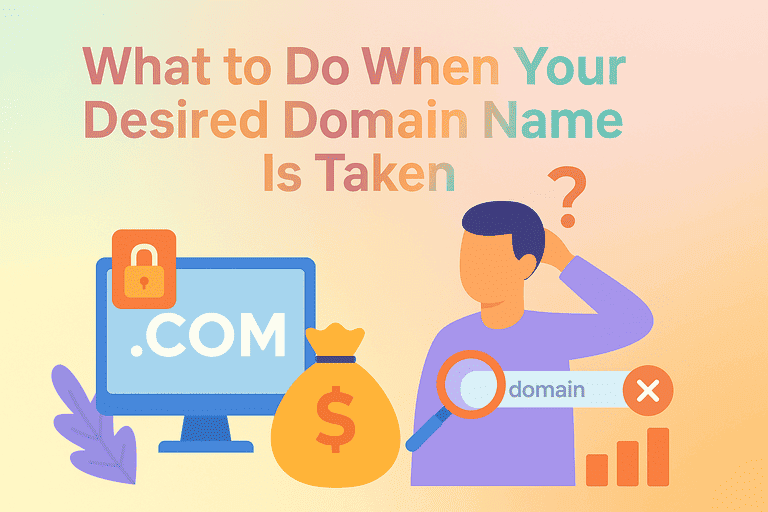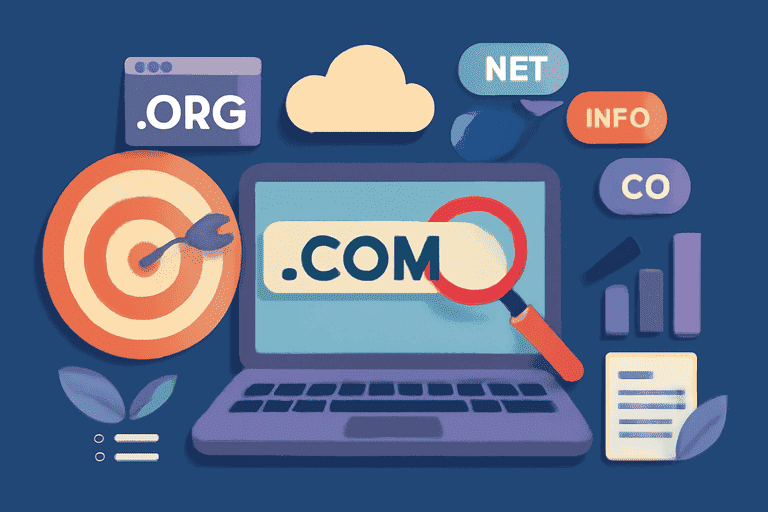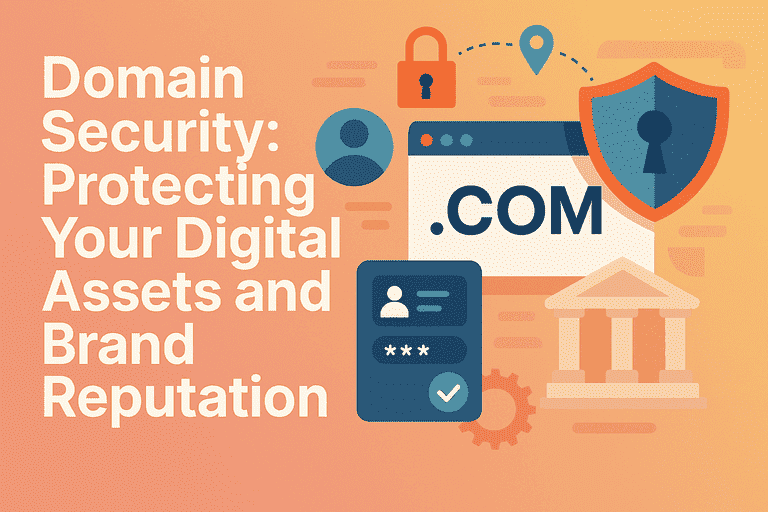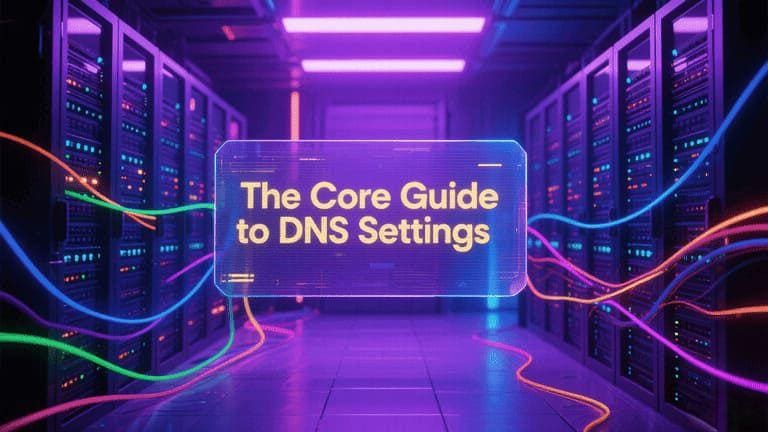In the digital age, a great domain name is the equivalent of prime real estate in the physical world. It’s more than just an address for a website; it’s a cornerstone of brand identity, a valuable business asset, and a memorable signpost for users. This has given rise to a unique group of investors, often called domainers, who specialize in buying and selling domain names, turning their foresight and patience into profit.
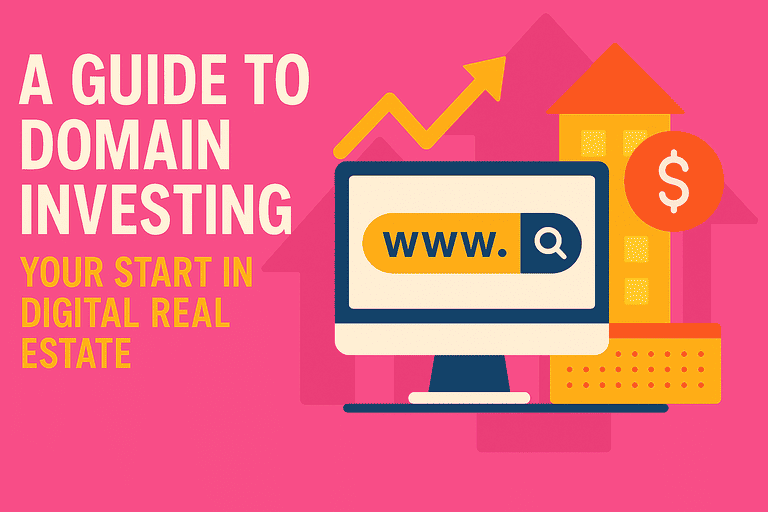
So, what exactly is a domainer, and where does a domain name’s investment value truly come from?
A domainer is an investor who speculates on the value of domain names. Much like a real estate investor, they acquire “digital properties” (domains) they believe are undervalued, hold them as their value appreciates, and then sell them to an end-user—often a business or another investor—for a profit.
The core investment value of a domain name lies in its scarcity and uniqueness. Once a domain is registered, no one else in the world can own that exact name. This one-of-a-kind nature makes premium domains highly sought-after digital assets for companies and individuals alike.
Evaluating a Domain’s Value
Not all domains are created equal. A premium domain’s value is typically judged by several key factors:
- Length: Shorter is almost always better. Short domains are easier to remember, type, and share, significantly reducing marketing friction for a business. For example, domains like
cars.comorvoice.comare considered top-tier assets, with the latter selling for $30 million. - Meaning & Keywords: A domain with a clear, positive, and easily understood meaning is crucial. A name that is directly related to an industry, product, or service allows users to instantly understand what a business does. Think of
insurance.comorhotels.com—their value is self-evident. - Extension (TLD – Top-Level Domain): The suffix of a domain is a critical component of its value.
- .com: The undisputed king. It is the global standard for commerce and the first choice for most businesses.
- .org / .net: The most established alternatives to .com, traditionally used for non-profits and network technologies, respectively.
- .co / .io / .ai: Trendy TLDs that have become extremely popular with tech startups and software companies.
- New gTLDs: Suffixes like
.shop,.app, and.xyzoffer more options for specific niches and creative brands, presenting new opportunities for investors.
- History: When investing in a pre-owned domain, it’s essential to check its history. You can use tools like the
archive.org(Wayback Machine) to see if it was previously used for spam, adult content, or was penalized by search engines. A clean history is vital for preserving its value.
Common Types of Investment Domains
With the evaluation criteria in mind, we can categorize valuable domains into several common types:
- Keyword Domains: These are generic, dictionary-word domains that represent a product, service, or industry. They are the blue-chip stocks of the domain world. Examples include
business.com,invest.com, andmarketing.com. - Brandable Domains: These are unique, often made-up words that are catchy and easy to trademark. They may not have a prior meaning, but their strength lies in their branding potential. Think of names like
Google,Etsy, orFlickr. - Numeric Domains: Purely numerical domains are easy to remember and are particularly popular in Asian markets. Short number sequences or those containing lucky numbers (like 6, 8, 9) can be very valuable. Examples include
163.comand360.com. - Acronyms: Short domains of 2-4 letters are highly valuable as corporate acronyms. Almost every major corporation can be identified by a short acronym, making domains like
ABC.comorHPE.comincredibly precious.
Investment Tools & Communities: Where to Find Potential Domains
To succeed as a domainer, you need more than just good judgment; you need the right tools and communities.
- Domain Marketplaces:
- GoDaddy Auctions: One of the world’s largest platforms for expired and user-listed domain auctions.
- Sedo: A leading marketplace for buying, selling, and “parking” domains, which also offers professional brokerage services.
- Flippa: A marketplace for buying and selling online businesses, including websites, apps, and the domains they are built on.
- Information & Community:
- NamePros: The most active online forum for domain investors. It’s an excellent place to learn, discuss strategies, and trade names.
- DNJournal: The authoritative source for domain industry news, featuring weekly reports of high-value domain sales that help investors gauge market trends.
- Expired Domain Services: Platforms like
DropCatch.comandSnapNames.comspecialize in “catching” valuable domains the moment they expire and become available for registration again.
Domain investing is a fascinating game that combines foresight, knowledge, and patience. Unlike stocks, there are no public financial statements to analyze. Instead, success depends on an investor’s understanding of language, culture, and emerging business trends. By mastering the methods of evaluation, understanding the primary investment types, and leveraging the right tools, you too can find your own piece of gold in the vibrant market of digital real estate.

